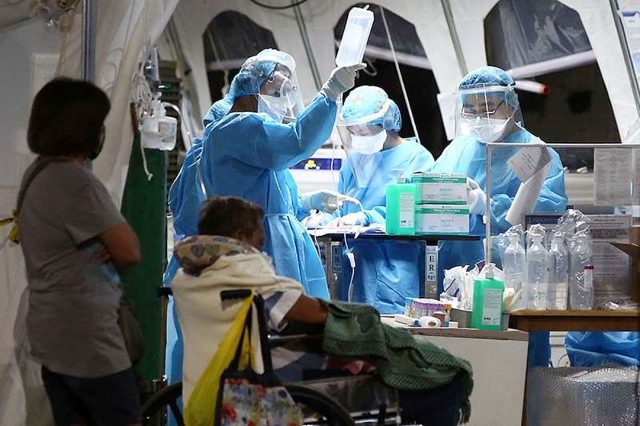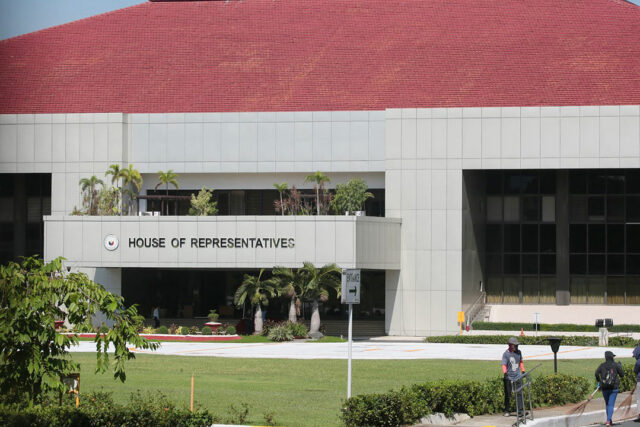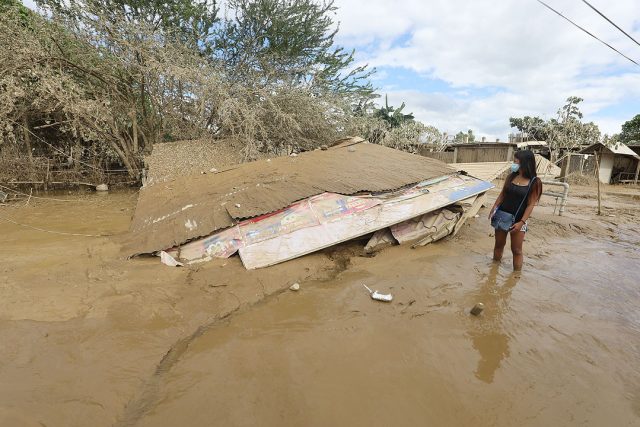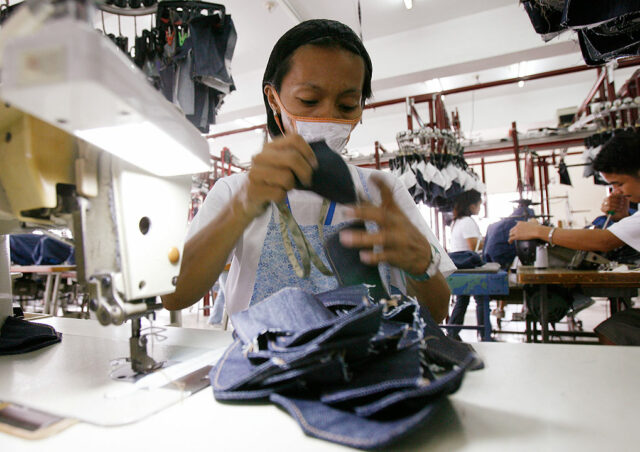Manila to force ships to post ‘significant events’ in Red Sea
THE PHILIPPINES will require commercial vessels to register a “significant event” when they sail through the Red Sea and Gulf of Aden to protect Filipino seamen after recent attacks by Houthi rebels.
Maritime vessels and licensing agencies that fail to cite the urgent event through an electronic portal would face suspension of their registration documents, Migrant Workers officer-in-charge Hans Leo J. Cacdac said in a virtual briefing on Wednesday.
“Filipino seafarers and their families are more precious than the commerce that goes in the areas,” he said.
Filipino seamen may also refuse sailing through the Red Sea and Gulf of Aden, which the agency has classified as high-risk areas. They would need to fill out a form on the Department of Migrant Workers website to opt out.
“Filipino seafarers will be given opportunities to board other ships or voyages of their shipowners and license manning agency,” Mr. Cacdac said.
This came after the Maritime Industry Tripartite Council recommended that the Red Sea and Gulf of Aden be classified as warlike zones after two Filipino seamen aboard the civilian bulk carrier True Confidence were killed during a Houthi missile attack on March 6.
Three Filipino seamen were hurt in the attack, the Foreign Affairs department said on March 7. There were 10 more Filipinos aboard.
Mr. Cacdac said all 13 have returned to the Philippines, and the agency was still working on repatriating the bodies of the victims.
In November, Houthi rebels from Yemen seized an Israel-linked cargo ship in the Red Sea and took 17 Filipino seamen hostage.
Houthis military spokesperson Yahya Saree had said the seizure was in response to “heinous acts” against Palestinians in Gaza and the West Bank.
The group has taken control of most of northern Yemen and said they would not stop attacks in the Red Sea until Israel’s “aggression stops and the siege on the Palestinian people in the Gaza Strip is lifted.” — John Victor D. Ordoñez












